News
Two Lives And Other Stories By Reuben Abati
Two lives lost recently in the creative industry convey useful messages in terms of the import of their careers and the circumstances of their departure: the elderly actress, simply known as Bukky Ajayi, and the music entrepreneur, multi-talented artiste, producer and musician, Babatunde Okungbowa, popularly known as OJB Jezreel. Bukky Ajayi died aged 82, and she has been well mourned by the artistic community especially members of Nollywood who have described her as a role model, an iconic figure and a motherly figure to younger actors and actresses.
Many mourners have added that her death is shocking: every death in Nigeria is considered shocking ironically, even when the dead is as old as 100, or has been known to be terminally ill. In March 2016, when Bukky Ajayi received the Industry Merit Award at the Africa Magic Viewers Choice Ceremony, she was already wheel-chair bound and terminally ill. But I guess we are always shocked by death, because we always expect our loved ones to live forever. And 82-year old Mama Ajayi was truly a lovable figure. In a rich career that spanned 50 years, she proved her mettle as a talented and committed artiste. She started out as a television assistant, and later became a presenter, a producer of programmes, a newscaster and an actress.
She would later attain fame as an actress when she began to feature in the well-known Village Headmaster. She also featured in Amaka Igwe’s television series, Checkmate. Home video lovers further enjoyed her artistry and creativity in such movies as Mother of George, Diamond Ring, Witches, Thunderbolt, Elastic Light and Critical Assignment. In the course of her public career, she always encouraged younger artistes, appearing in their various works, musical and dramatic, including the video of Jesse King Buga’s anthem-like effort on Motherhood: “Mummy oh, oh, wa pe laye, mummy oh, oh, wa jeun omo, e niba ni ko ni ri be, a fo loju, a fo loju, a ko si enu trailer, a ku tu e.” Bukky Ajayi lived long: hers was a fruitful life of achievement and as at the time of her death, she could indeed look back with joy.
Every young artiste would wish to be as durable and as continuously relevant as she was, but while the younger generation can certainly emulate her professionalism and commitment, there is one other lesson that many of those now mourning, especially the much younger female artistes can learn from her example: and it is a lesson about virtuous professionalism, humility and decency. I do not mean to be offensive, but I hasten to say that many of the younger actresses mourning Bukky Ajayi have missed out on one of her important achievements as a female public figure for about 50 years. Her life was completely without scandal.
I say this to draw attention to a growing concern in Nollywood about the persona of today’s female actresses. There is a widespread impression that to be a Nigerian actress is to live an open, unhindered life, without moral boundaries. Very few actresses of the younger generation have been able to survive so far without scandals. They seem to have acquired for themselves a curious reputation as party boosters, serial baby mamas, husband snatchers, fortune-seeking, fortune-hunting, occasional porn artistes, with the most notorious in this category better known for the manner in which they flaunt body parts rather than their talents.
There are at least three of such actresses who are truly the most notorious poster girls. They claim that they have just one life to explore and their chosen lifestyle is part of showbiz. In a movie that is scheduled to hit the screens very soon, nearly all the actresses are in fact, bare-chested in the promotional trailer. They would call it art of course, or dignify it with the word, acting. There is also the bleaching, chameleon crowd of Nollywood beauties. Bukky Ajayi was proud of her African colour and identity. But go round Nollywood: too many of the actresses have changed from being dark-skinned to tomato colour and shouting yellow within a space of 15 years, such that their old photographs seem like they were taken by different persons bearing the same name. The overall effect is that the more remarkable stories about many of these actresses is not their creativity, but the size or shape of their biological parts, the kind of men they are able to attract, or the endless scandals about their private lives.
Those who claim that this new trend is a result of a creeping Hollywood effect in Nigeria, especially now that globalization, and the success of Nollywood is fasting closing the gap between Nigerian and American artistes miss the point. Decent professionals who can serve as good role models may well still be in the majority in the industry but the part-artiste-part-hustler members of the community are promoting a stereotype of the Nigerian actress that does damage to the integrity of the profession. It should be possible to be a celebrity and a showbiz personality and not be a constant supplier of outrageous stuff. Bukky Ajayi belonged to a different generation of Nigerian female artistes: those who combined virtue with professionalism. Enough said: her legacy of integrity, modesty and decency should be the big take-away for younger artistes as they mourn her departure.
Babatunde Okungbowa (OJB Jezreel)’s death raises a different kind of concern. There has been very little talk about his achievements as an artiste; whereas he was without doubt a multi-talented and resourceful creative worker whose contributions set a high standard for members of his generation and those who collaborated with him to produce good music. Unfortunately, his travails with kidney disease dominated the last three years of his life. In 2013, he underwent a kidney transplant in India; last month he died due to complications arising from the same problem.
One of the notable messages from his passing has been the reported complaint by members of his family and close associates that many of his colleagues who trooped out to mourn him, following the announcement of his death, distanced themselves from him when he was ill, and in urgent need of friendship. Extremely few artistes, if at all, bothered to contribute to the fund raising for his kidney transplant, or the OJB Foundation, which he established to promote public awareness about kidney diseases and assist persons on dialysis. The creative community should take special notice of this complaint.
Artistes are very good at preaching to the community; they can sing about love, unity and solidarity and inspire the public, but among themselves, they often find it difficult to support one another. It is this obsession with the self, and with profit, that has perhaps turned nearly every professional group or association, in the Nigerian creative industry into a battle-field of egos and hate words. The morality of creative compositions edifies, but artists can also be good citizens while in pursuit of individual happiness.
One other fall-out of the OJB story is the spread of kidney disease in Nigeria. Too many people are succumbing to kidney disease, hypertension, and heart attacks. There is greater need for public enlightenment about the risk factors that make this possible. In the absence of efficient medical facilities, prevention through enlightenment and precaution may help to reduce the public health crisis that the country faces. Kidney failure has robbed Nigeria of the great promise of OJB’s talent, in the same manner in which hypertension, heart attack and the sudden death syndrome have cut many lives short.
In mourning OJB, we should remember his darling wife, Mabel or Mama J, who in 2013 donated one of her kidneys so her husband may live. OJB was married to three women, through whom he fathered eight children. When he needed a kidney transplant, it was his first wife who volunteered to make the sacrifice. It was a sacrifice, because in any major surgery, anything could go wrong, and to donate one’s kidney, according to medical doctors, is to take an absolute leap of faith, because indeed anything could go wrong in a matter of years either with the donor or the recipient. OJB survived for three years after the transplant. Since his passing, I have heard people express the view that if they were in Mabel Okungbowa’s shoes, they would not have taken such a risk to save the life of a man who betrayed her by marrying two additional wives. One lady even swore: “may God forbid, any man that leaves me for another woman, should even be prepared to die in the first place, not to talk of me risking my life to save his.”
But the story of Mabel Okungbowa is one of courage and love, and as artists and others pay tribute to her husband, the more compelling tribute that I remember is not the tribute to the departed, but the tribute paid to Mabel Okungbowa by OJB, after the kidney transplant three years ago. He said: “She is a wonderful person because it is one thing if God is telling you to do something but another to do it. It takes a lot of courage to actually do it. Even when the doctors came to tell her that they would have to cut her all the way to the back and would have to remove a rib so they could have access to the kidney, she still agreed to go through it. It takes courage to go through with it. So, I will say she is a courageous woman.”
Such love. Such dignity. And a great lesson about sacrifice. Mama J is the heroine of the OJB Okungbowa story: she gave him three more years to live despite the betrayal she had suffered. There are not too many persons like her out there. Take heart, Madam. Life is like that. May the Lord comfort you and other members of the family.
News
Kano Assembly Speaker Jibril Falgore Leads 21 Lawmakers Out of NNPP After Governor’s Exit
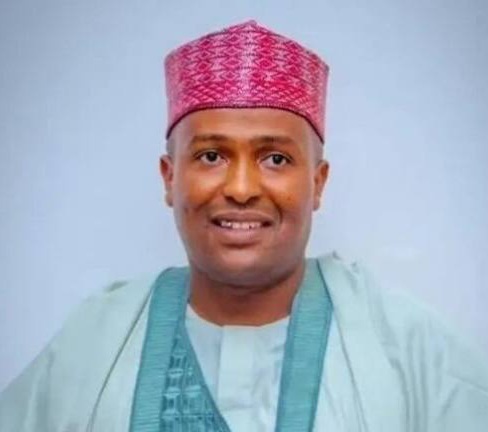
The Speaker of Kano State House of Assembly, Jibril Ismail Falgore, alongside 21 other legislators, has formally resigned from the New Nigeria People’s Party following Governor Abba Kabir Yusuf’s departure from the political platform.
The mass resignation, announced on Saturday, includes the Deputy Speaker, Muhammad Bello Butu-Butu, Majority Leader Lawan Hussain, and other principal officers of the state legislature, signaling near-total collapse of NNPP structures in the assembly.
According to a statement released by the Chief Press Secretary to the Assembly, Kamaluddeen Sani Shawai, the lawmakers declared total support for Governor Yusuf, who had exited the party just 24 hours earlier alongside eight federal lawmakers and all 44 local government chairmen in the state.
The defecting legislators include Deputy Majority Leader Garba Shehu Fammar, Chief Whip Muddasir Ibrahim Zawachiki, Majority Whip Zakariyya Abdullahi Nuhu, and lawmakers from constituencies across Kano including Ajingi, Albasu, Bagwai/Shanono, Bebeji, Bunkure, Dawakin Kudu, Fagge, Gabasawa, Garko, Gwale and Karaye.
The statement emphasized that the Kano State House of Assembly had verified and authenticated the complete list of defecting lawmakers to properly inform the public and clarify their political position following the governor’s resignation from NNPP.
The legislators reaffirmed their unwavering commitment and loyalty to Governor Yusuf’s administration despite the political realignment, pledging to continue supporting the policies and programmes being implemented across the state.
Governor Yusuf had communicated his decision to leave NNPP in a letter addressed to the party chairman of Diso-Chiranchi Ward in Gwale Local Government Area, effective January 23, 2026, citing persistent internal disputes and legal challenges that have undermined party stability.
In the resignation letter, the governor expressed appreciation to NNPP for the platform and support extended to him since joining in 2022, while acknowledging that deepening internal divisions had created an untenable situation requiring decisive action.
The NNPP Secretary of Diso-Chiranchi Ward, Kabiru Zubairu, acknowledged receipt of the governor’s resignation while commending his achievements in infrastructure development, urban renewal, healthcare delivery, education and economic empowerment during his time in office.
Zubairu admitted the existence of lingering internal challenges within the party and stated that NNPP had no option but to accept the resignation, describing Governor Yusuf as one of the most outstanding governors produced by the political platform.
The wave of defections marks a dramatic political shift in Kano State, where NNPP had dominated since the 2023 elections under the influence of Senator Rabiu Musa Kwankwaso and the Kwankwasiyya movement.
NNPP national officials have condemned the development, labeling it a betrayal of the sacred trust given by Kano voters. National Publicity Secretary Ladipo Johnson dismissed claims of irredeemable party crisis as baseless, while Kwankwaso declared he is not for sale and would not compromise his principles.
News
Singer TIME Drags Georgina Onuoha Over Comment on Davido’s Father’s Reaction to Paternity Saga
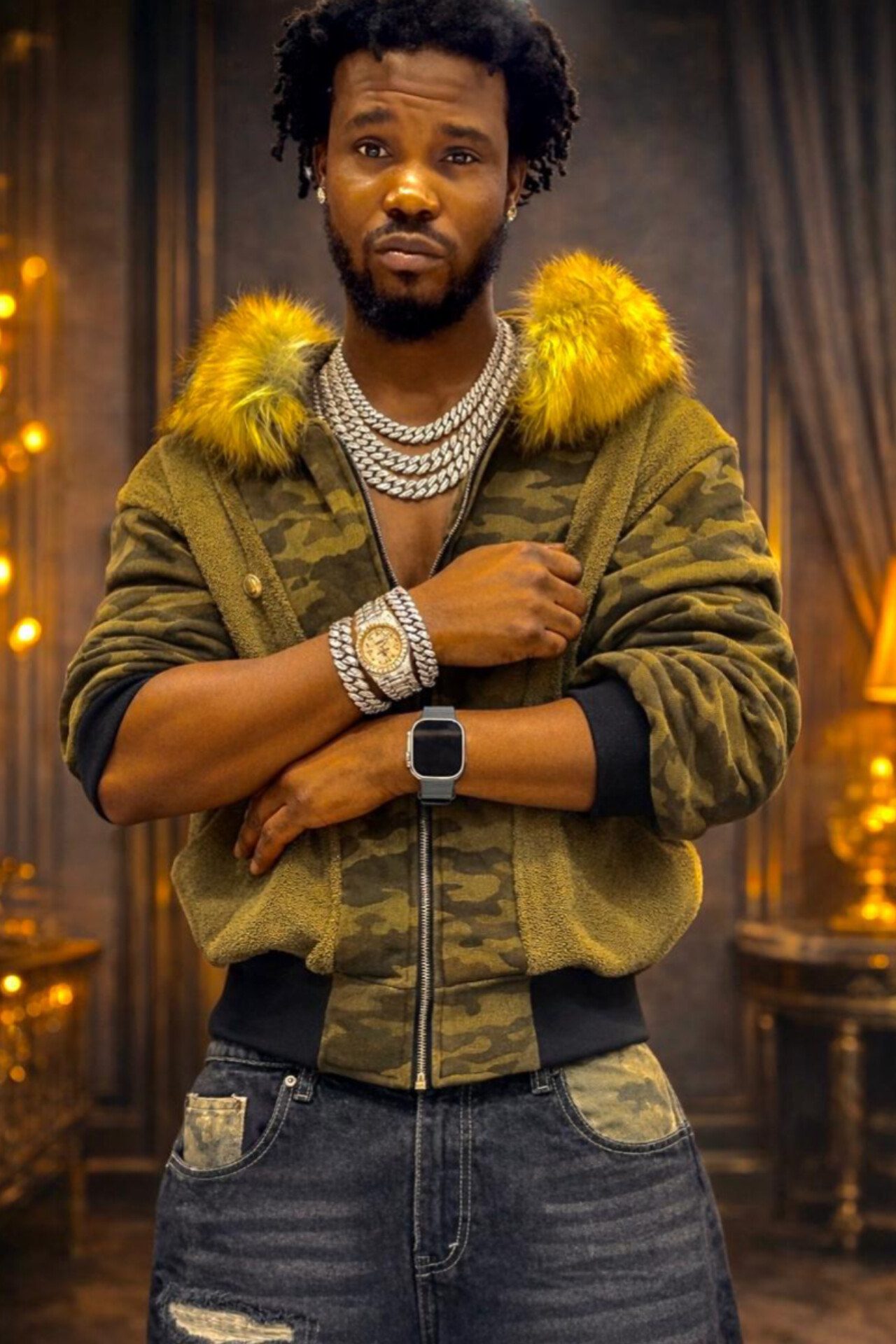
Nigerian singer, TIME has publicly called out Nollywood actress Georgina Onuoha following her criticism of Davido’s father, Dr. Adedeji Adeleke, over his reaction to the ongoing paternity controversy involving the Afrobeats superstar.
The drama began after Georgina Onuoha questioned why Davido’s father appeared to defend his son amid allegations that he welcomed a child with a woman identified as Anu Adeleye. In a post shared online, the actress described Davido as “irresponsible,” sparking mixed reactions across social media.
Reacting to her comment, TIME took to X (formerly Twitter) to drag the actress, accusing her of ignoring key details surrounding the case. He referenced statements made by Davido, noting that he had never met the said lady before the first DNA test, and questioned why people were not discussing other individuals mentioned in the saga.
“Madam Georgina, did you hear the part Davina said she’d never met her prior to the first DNA test? Why are y’all not talking about the bank official the girl mentioned to Dr. Sikiru Adeleke?” TIME wrote.
According to reports, Aanu’s mother has been identified as Grace Ayotomide Labinjoh, who has consistently maintained that Davido is her daughter’s biological father despite the singer and his family denying the claim.
TIME’s remarks triggered a fresh wave of debate online, with some social media users backing him for defending Davido’s family, while others accused him of unnecessarily attacking Georgina Onuoha.
As the paternity saga continues to trend, the clash between TIME and Georgina Onuoha has added another layer of controversy, keeping Davido and his family at the center of public discourse.
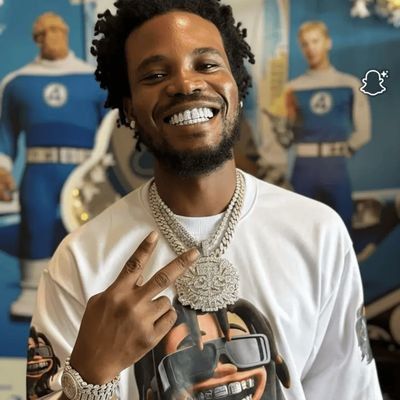


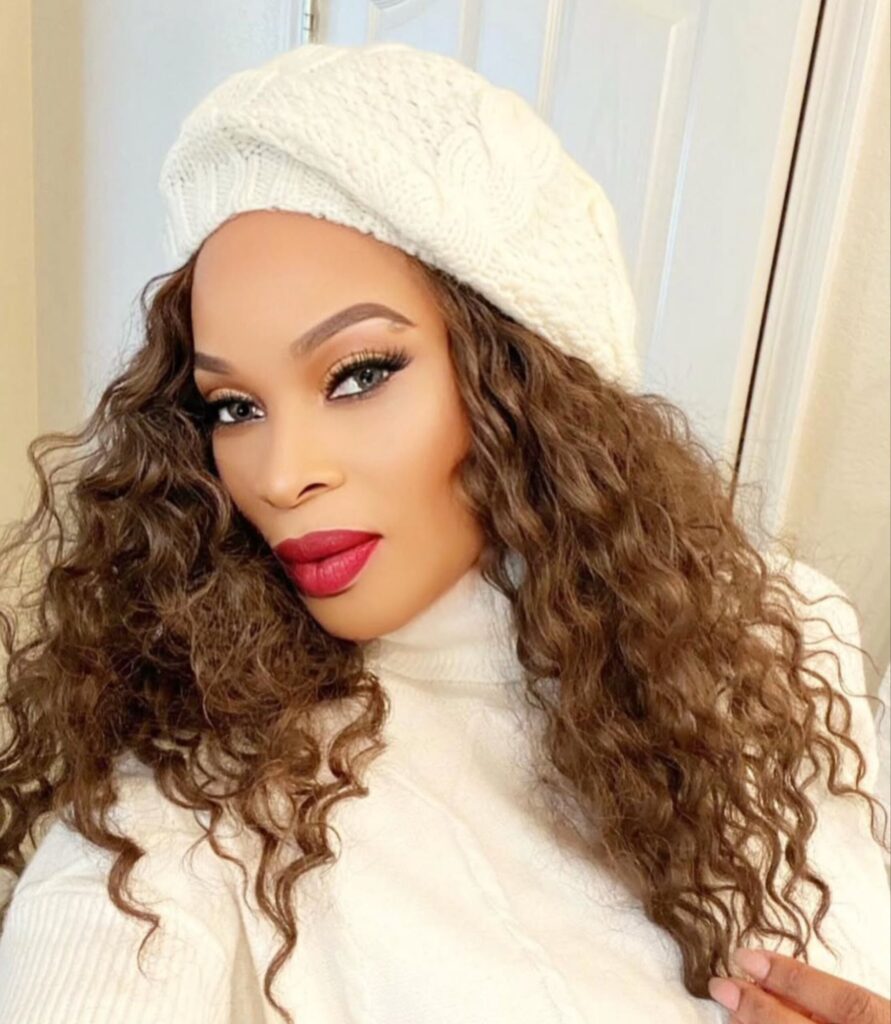

News
Nasarawa ADC Suspends State Chairman Over Alleged Anti-Party Activities, Sets Up Disciplinary Committee
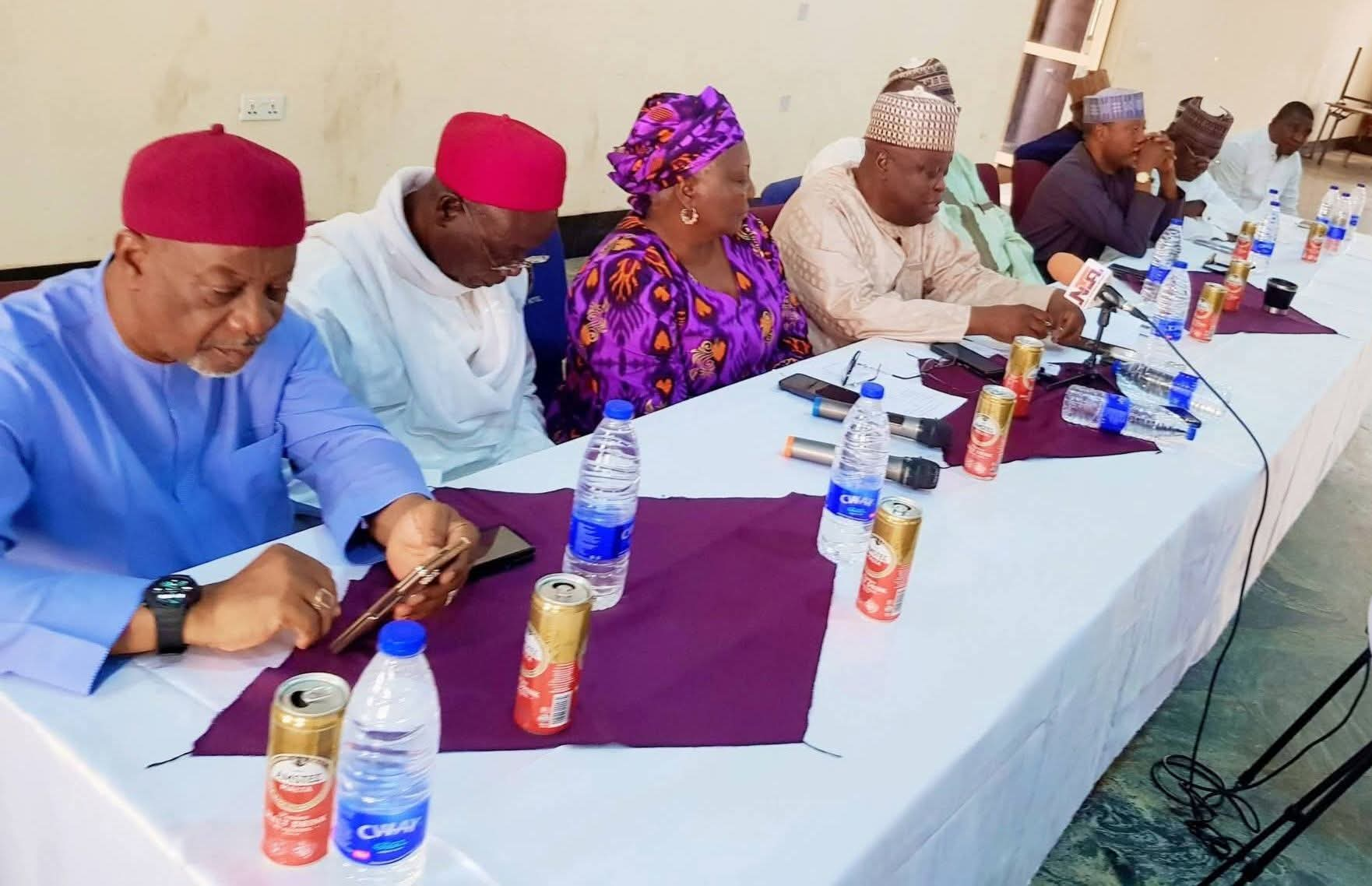
The African Democratic Congress (ADC) in Nasarawa State has suspended its State Chairman, Godwin Alaku Williams, over alleged involvement in anti-party activities.
The suspension was approved by the party’s Transitional Leadership Team (TLT) following a petition accusing Williams of actions deemed harmful to the unity and progress of the party in the state.
The decision was taken at a TLT meeting held on Wednesday at Otunsha Hotel, Keffi, and presided over by the party leader, Chief John Michael Abdul.
In a statement issued by the party’s spokesperson, Comrade Idris Ojoko, the suspension will last for 14 days, pending investigation and the outcome of proceedings by a disciplinary committee constituted by the TLT.
Ojoko also announced the appointment of Barrister Paul Magaji Ajeh, formerly the State Secretary, as Acting State Chairman, while Umar A. Babayaro has been named Acting Secretary.
According to the statement, the allegations against Williams include his alleged refusal to recognise the party’s National Working Committee (NWC) led by Senator David Mark, and his failure to integrate coalition members into the ADC party structure in Nasarawa State.
Other accusations include allegedly reporting some party leaders to the Independent National Electoral Commission (INEC), the Department of State Services (DSS), and the Nigeria Police, describing them as impostors.
Williams is also accused of constituting parallel party organs at various levels within the state, interfering with the establishment of party offices at the state, local government, and ward levels contrary to NWC directives, and disrupting the ongoing membership registration and revalidation exercise.
Meanwhile, Ojoko announced the formation of a disciplinary committee chaired by Barrister Hassan Yakubu. Other members include Amina Zanwa, Mamman Sunday, and Yunus Abdullahi Sidi, with Gaza Mark Auta serving as Secretary.
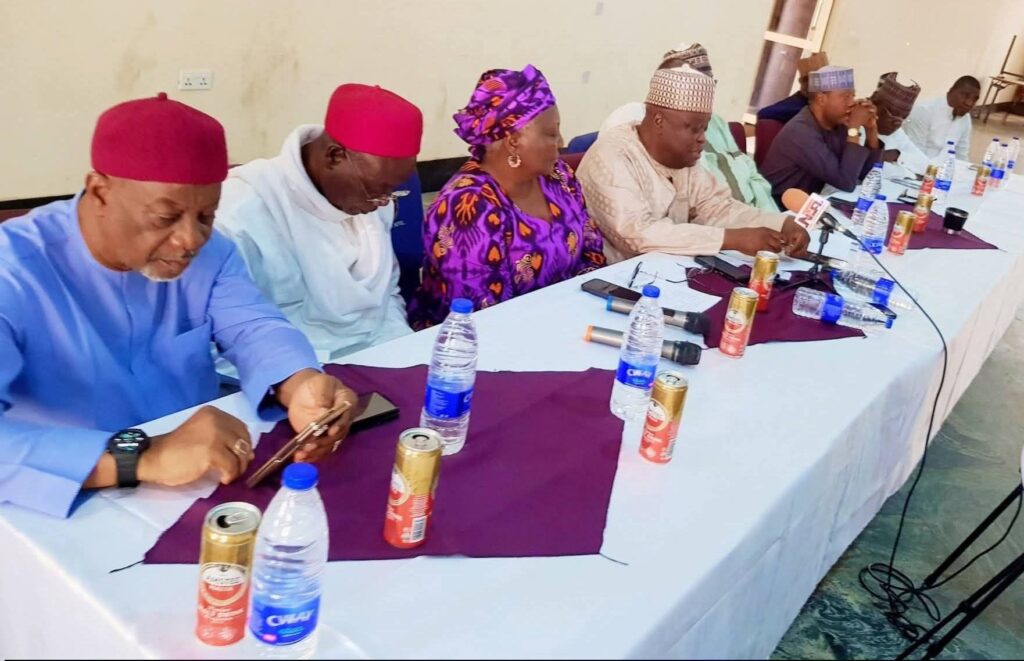
-

 News2 years ago
News2 years agoHardship: We Plan To Establish A National Commodity Board To Crash Food Prices – VP Shettima
-
News8 years ago
Blog Reader; Samson Osagiede Celebrates Fiancè Benedicta Daniels’s Birthday With Sweet Words
-
Home9 years ago
News Channel claims Donald Trump is an orphan from Pakistan,share alleged childhood photo
-
Home9 years ago
Another $175m Found in Patience Jonathan’s wife’s firm’s Bank Account
-
Home9 years ago
Oil Spillage: House of Reps Member Shares Photos of the Water her Constituents Drink .
-
Home9 years ago
Zara Buhari & Ahmed Indimi’s Wedding Access Card
-

 Sport7 years ago
Sport7 years agoModric, Marta Wins 2018 FIFA Best Player Of The Year Awards ⚽️
-
News8 years ago
The Best Video You’ve Seen Today?

